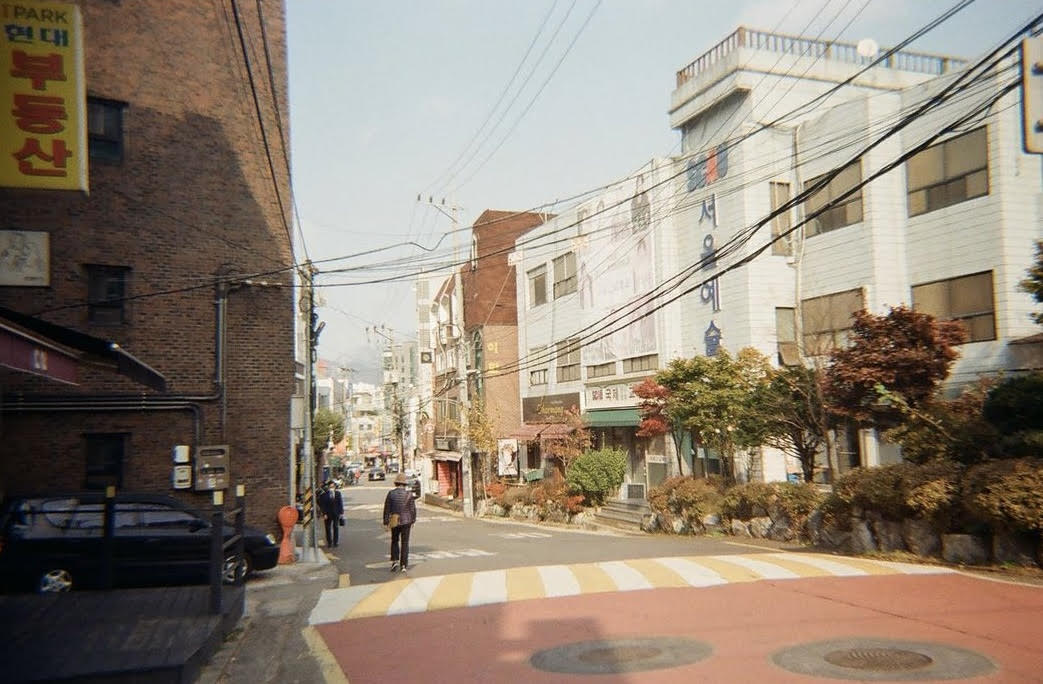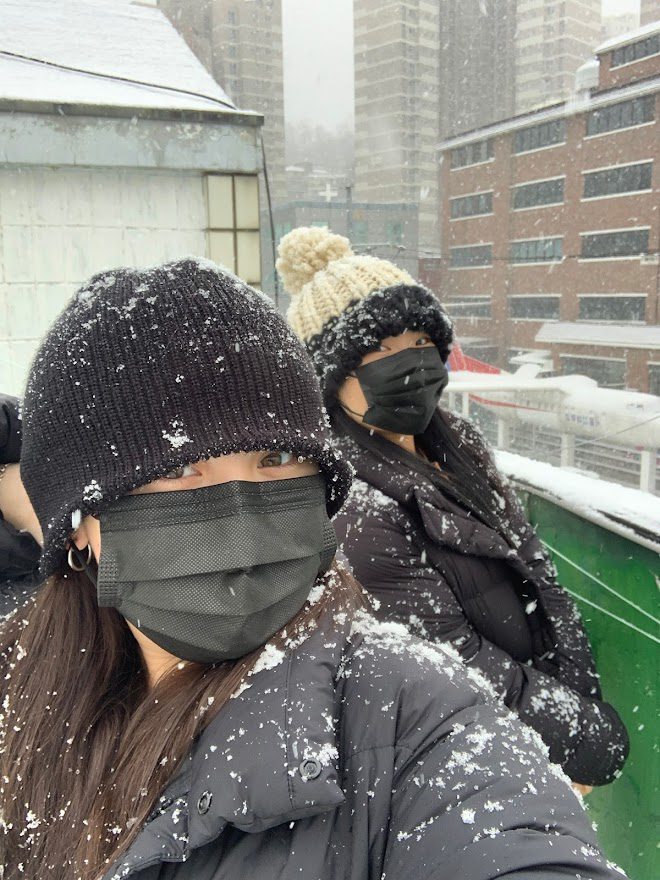An Off-Campus Housing Experience
Special Contributor(s): Maya Williams
880 → 550 → 88 → 5 → 0
My friend and I watched our lagging, crashing screens as our university’s on-campus room availability dwindled from 880 to 0. It felt like we just lost our chance at securing high-demand concert tickets, and it only took a mere 6 minutes. I will preface by saying that your host-university may have differing availability and methods for signing up; for our host university, it was a free-for-all.
We had the choice to wait for open spots, but my friend and I wanted our housing secured so we decided to search for other housing options. At this moment, I remember worrying that off-campus housing would be difficult, expensive, and inconvenient. While our decision to ultimately live off-campus was partly due to the availability limits of our host-university, I would encourage anyone weighing their housing options to give off-campus housing a thought.

Research and Weighing Options
My friend and I began to weigh our different housing options: homestays, shared houses close to campus, and furnished apartments. Because of the ongoing COVID-19 pandemic, classes were held online during my time abroad, so we didn’t have to worry too much about being close to campus (the Airbnb we ended up booking was a 20-minute bus ride away, which worked perfectly for us). This gave us the opportunity to explore the surrounding areas, where we discovered a variety of possibilities. In Seoul, we found that Airbnbs offered affordable costs, with the majority of them being less expensive or even comparable to the cost of living on campus.
I was lucky enough to study abroad with my friend, so it made finding a roommate easy. If you are worried about off-campus housing because you don’t have a planned roommate, I would recommend reaching out to other students, because nine times out of ten, someone is looking for the same thing. I studied abroad through USAC, who conveniently put us in a group chat together where we could connect with other students before going to Seoul. I met multiple people in Seoul that found their off-campus roommates through discord chats or facebook groups.
If there was one thing I learned from searching for off-campus housing, it was to be patient while researching. Weigh the pros, the cons, and the unexpected. Your choice to go abroad is a huge jump. If you choose off-campus housing, I promise the leap out of your comfort zone will benefit you plenty.
Yay! You have found some Airbnbs, or similar accommodations, now what? Be sure to ask the following questions to your host.
- Can you accommodate a long-term stay (Include how long)
- Do you speak English? (Optional, but it can be extremely helpful in a foreign-speaking country)
- How do you get to (Insert host-university name) from this location?
- How would you describe the location (Is it a student-friendly area? Is it safe? Is it noisy?)
- Are there nearby grocery stores? restaurants? etc..
The list could go on and on. Remember that asking questions doesn’t hurt! You want to be content and comfortable with your living space. Don’t settle for the first place you see.
You found the perfect stay, now it is time to prepare for the challenges and exciting adventures ahead!
You must recognize that you are about to take on a new level of independence – living as a local in a new city! This may seem overwhelming, but consider how great this chance is; it will truly enhance your time abroad. My concerns were alleviated in part because my friend and I found a host who spoke English, communicated regularly, and even hung out with us on occasion.
My friend and I did not anticipate some of the things we had to do without assistance that on-campus housing would have provided to us. I remember I was so stressed about being responsible for my transportation from our mandatory 14-day quarantine to our Airbnb. Let me tell you I was literally shaking at the thought of calling my own taxi but through the course of 5 months, we became some-what pros. We were responsible for cooking our own food, buying groceries, maintaining the apartment, and following the trash rules of Seoul. Depending on your location, I would suggest researching specifics about living off-campus in the area.
The beauties in living as a local

After living in Hongje-dong for 5 months, it felt like home. I miss being able to tell the taxi drivers our address. I miss lugging groceries up our four flights of stairs. I miss the nature path that we discovered was on the mountain just behind our neighborhood. I miss my morning walks to get coffee and see the locals or our late-night adventures to bike at 1 am. These little, random moments are memories that I would not have made if we decided to wait it out for on-campus housing.
My most heartfelt memories I took from Seoul exist in our neighborhood of Hongje-dong. We grew a routine with the restaurants, stores, and coffee shops lining our street. We eventually grew our personal community with people such as “CU Man” who worked in the convenience store below us, the barista at the coffee shop next door who we called “Ally,” and “The Kimbap Ladies” at a nearby restaurant. It sounds funny, since language barriers prevented most communication; however, we formed a bond with these people and it is something I will never forget.
Everyone’s study abroad experience is unique. Whether you decide to stay-on campus or off-campus, you will have a great time nevertheless. Living off-campus ended up being one of the best aspects of my study abroad experience. As a result, I was forced to learn and discover which helped grow my confidence and independence.
Good luck on your study abroad adventures!
For more information about Maya’s study abroad program: USAC Korea: Seoul – Undergraduate Studies (Yonsei University)